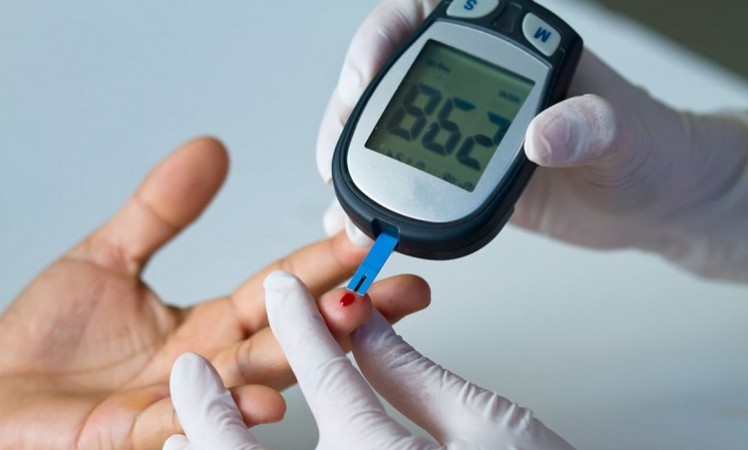
Diabetes, once considered a lifestyle disease, has now emerged as a concerning global epidemic. According to the World Health Organization, it ranks ninth among the leading causes of death, with its prevalence anticipated to rise significantly in the years ahead. Startling statistics reveal that China holds the highest number of diabetics worldwide, closely followed by India, where one in five individuals in Kerala grapples with this condition.
The surge in diabetes cases is often attributed to sedentary lifestyles, poor dietary habits, genetic predispositions, and rising obesity rates. However, while the prevalence of this disease is escalating, it's crucial to understand that diabetes can be effectively managed and even prevented with proactive measures and mindful choices in one's lifestyle.
Understanding Diabetes
Diabetes is a metabolic disorder characterized by elevated blood sugar levels due to inadequate insulin production or the body's inability to utilize insulin effectively. This condition can lead to various complications affecting the heart, kidneys, eyes, and nerves if left uncontrolled.
Lifestyle Modifications for Diabetes Prevention and Management
1. Diet: The Foundation of Diabetes Care
A balanced diet is pivotal in managing diabetes. Incorporating whole grains, fresh fruits, vegetables, lean proteins, and healthy fats while moderating sugar, refined carbohydrates, and processed foods helps regulate blood sugar levels. Portion control and mindful eating play significant roles in stabilizing glucose levels throughout the day.
2. Regular Physical Activity
Engaging in regular exercise aids in weight management, improves insulin sensitivity, and helps control blood sugar levels. Activities like brisk walking, cycling, swimming, or yoga for at least 30 minutes most days of the week can significantly contribute to diabetes management.
3. Weight Management
Maintaining a healthy weight or striving towards it is crucial in diabetes care. Shedding excess pounds through a combination of diet and exercise not only improves blood sugar control but also lowers the risk of complications.
4. Stress Management and Sleep Hygiene
Chronic stress can impact blood sugar levels. Techniques like meditation, deep breathing exercises, or hobbies that bring joy and relaxation can help manage stress. Additionally, prioritizing good sleep habits promotes hormonal balance, aiding in better blood sugar regulation.
5. Regular Health Check-ups and Medication Adherence
Regular monitoring of blood sugar levels, cholesterol, blood pressure, and other health parameters is essential. Compliance with prescribed medications and healthcare provider recommendations is vital to effectively manage diabetes and prevent complications.
Holistic Wellness for Diabetes Care
In addition to these lifestyle modifications, adopting a holistic approach to well-being can significantly contribute to diabetes management:
1. Mind-Body Practices
Mindfulness techniques, such as meditation and yoga, not only reduce stress but also enhance overall well-being, positively impacting blood sugar control.
2. Herbal and Alternative Therapies
Some herbs and alternative therapies, when used under professional guidance, may assist in blood sugar regulation. However, consultation with healthcare providers is crucial before incorporating these into one's routine.
3. Support Systems
Joining support groups or seeking guidance from healthcare professionals and nutritionists fosters a sense of community and provides valuable insights and encouragement in managing diabetes.
4. Education and Awareness
Continuous learning about diabetes, its management, and staying updated with the latest advancements in treatments empowers individuals to take charge of their health effectively.
In conclusion, diabetes, though prevalent and concerning, is a condition that can be managed effectively with a holistic approach encompassing lifestyle modifications, regular medical check-ups, and a proactive attitude towards overall well-being. By embracing these strategies, individuals can lead fulfilling lives while effectively combating the challenges posed by diabetes.
Remember, small steps toward a healthier lifestyle can lead to significant improvements in diabetes management and overall health. Let's work together towards a healthier future, free from the shackles of this epidemic.